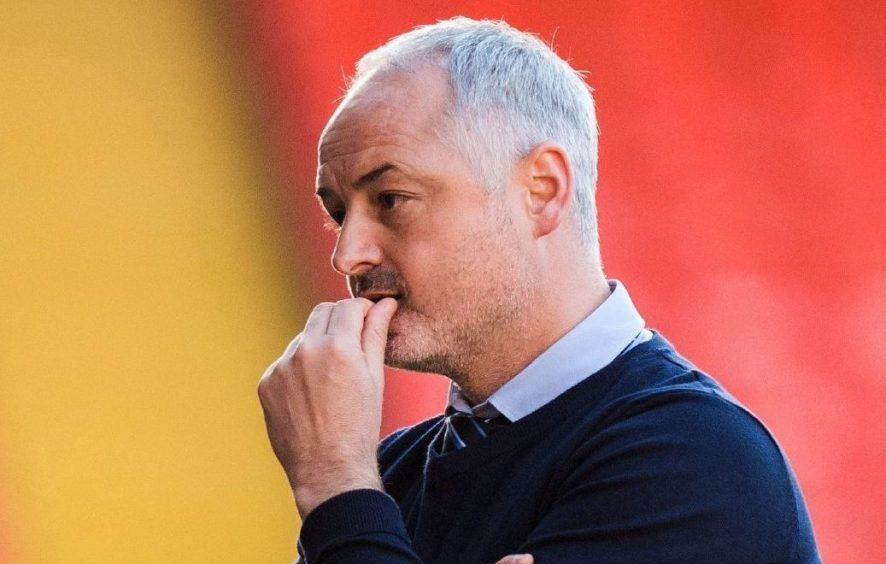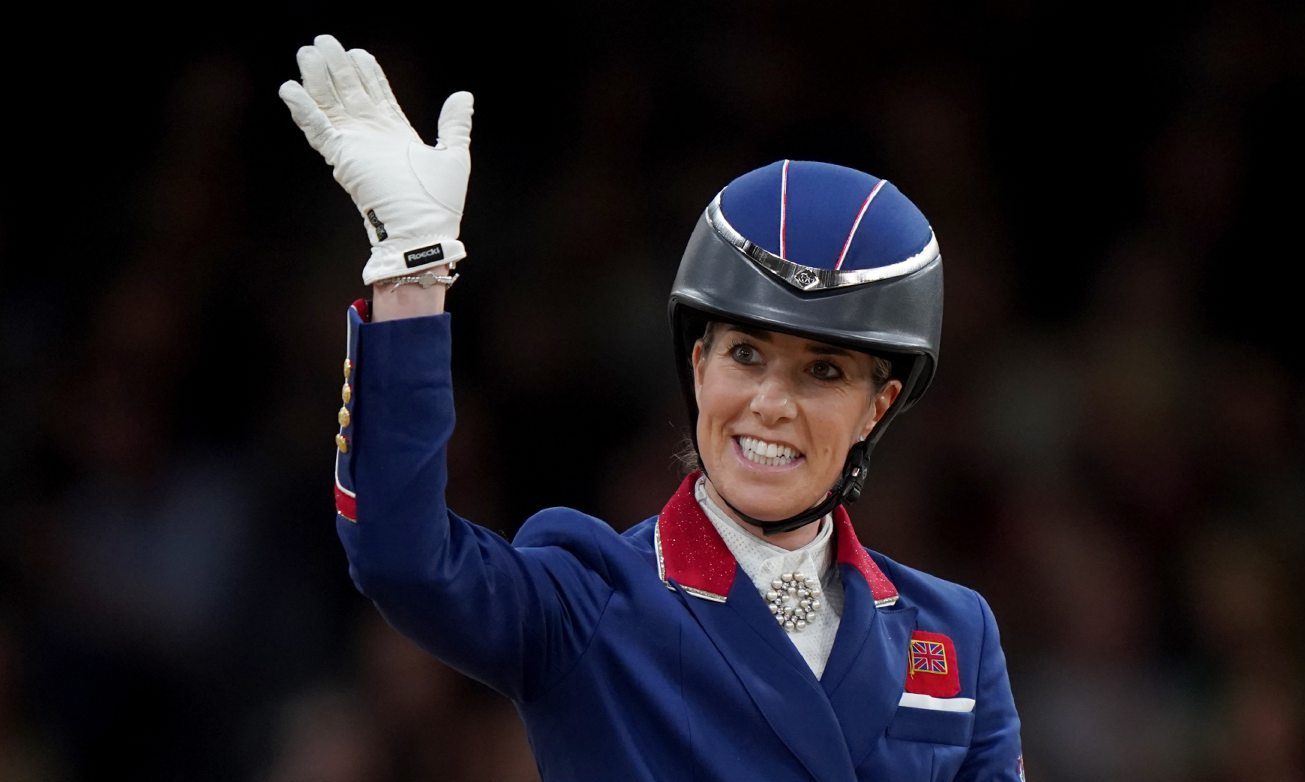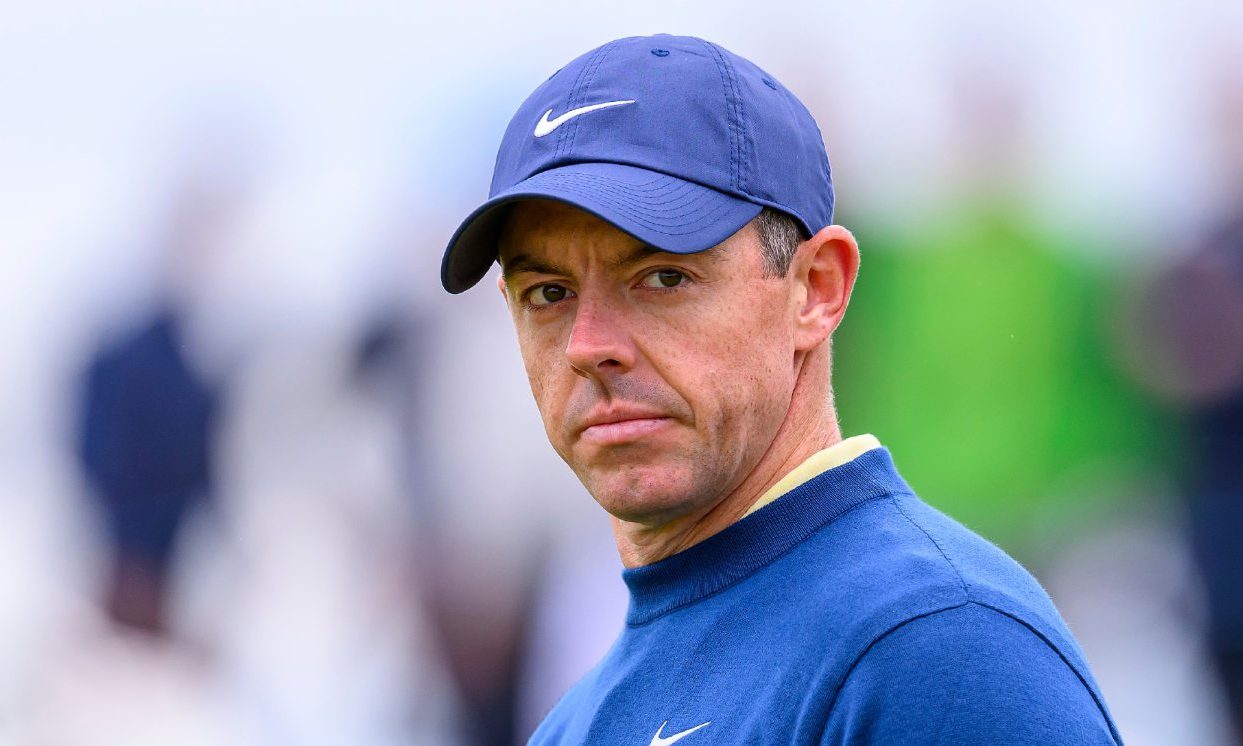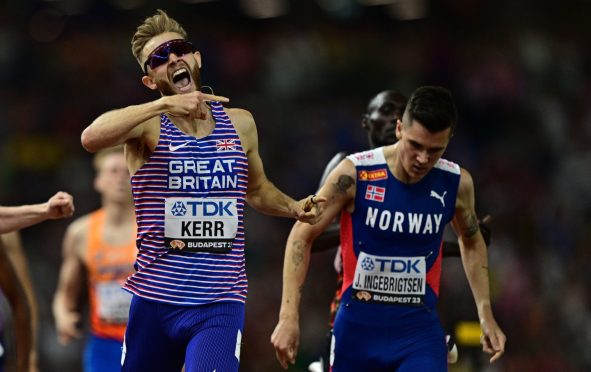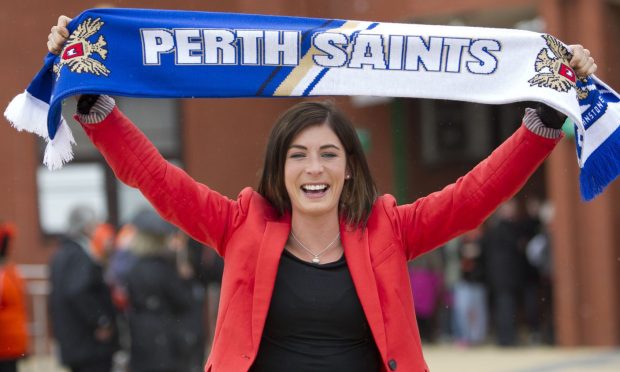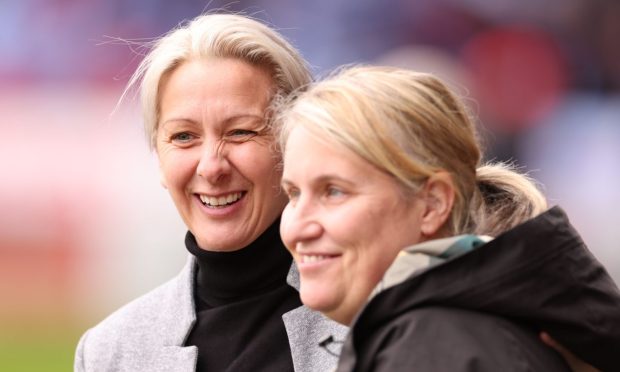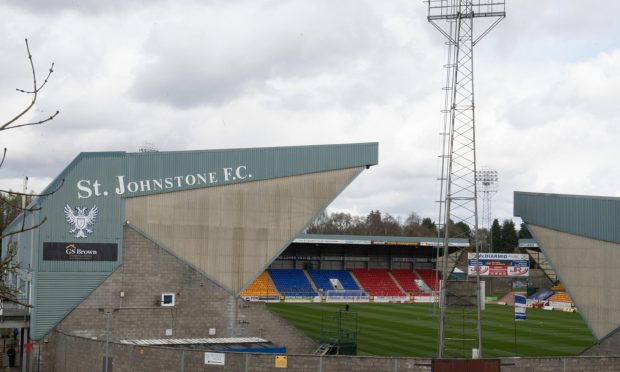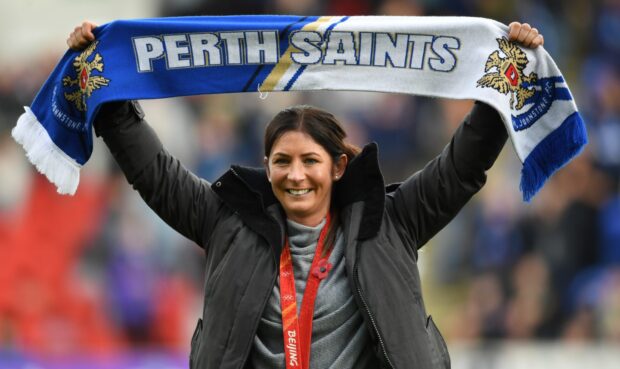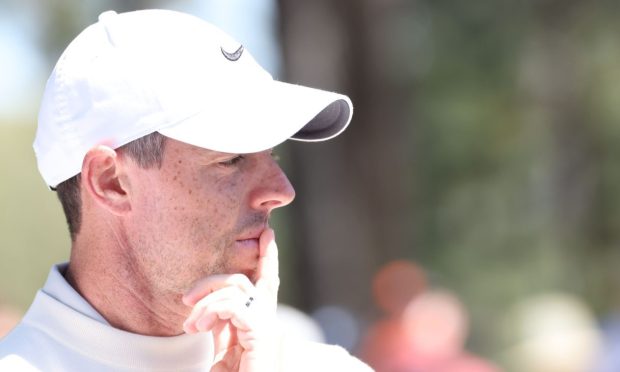‘The life of man is solitary, nasty, brutish, and short’, wrote the philosopher Thomas Hobbes.
Ray McKinnon, and Pedro Caixhina, may well agree as they contemplate their pay-off cheques this weekend, after their sackings by Dundee United and Rangers.
The managerial casualty toll is becoming heavier, and getting earlier, every season, in a sport where success can only be achieved by a few bosses, while the many twitch nervously each time the chairman’s number appears on their mobile phone.
In football though, the caravan moves on and the dogs bark. New managers will be appointed quickly with the task facing them at both clubs, enormous.
At Tannadice an experienced hand is needed to marshal the highest paid squad in the championship, with further financial distress assured, if a return to the Premiership isn’t delivered this season.
With American investment being wooed, the right appointment is vital. The usual suspects have been mentioned, but the likes of Csaba Laszlo, formerly of Hearts, could be an outlier for the post.
At Ibrox, the gnawing knowledge that they are unlikely to seriously compete for many years with Celtic’s financial muscle, must be seeping into the soul of those in charge of finding the man to re-launch Rangers future hopes.
Alex McLeish knows the ropes and might steady the ship, while Derek McInnes or Tommy Wright would undoubtedly do a better job than the hapless departed Caixinha.
Rangers though, are in troubled waters, and listing dangerously. The Govan club could be in football’s dry dock for many seasons ahead. It is a job which could potentially make or break a managerial career: that and the enormous expectations of the huge support base, may weigh heavily on the minds of potential Ibrox candidates.
The problem for United and Rangers in appointing new managers is that like financial investment advice, past performance is no guarantee of future dividends. A man with a decent track record elsewhere may find that his new club presents insurmountable odds.
The size and expectations of the club, boardroom politics, the general culture, an overbearing and demanding, or absent chairman, or chief executive, can all crush the spirit of the strongest of managers.
Even adopting the kind of interview techniques widespread in hiring top managers in other industries is no panacea. Psychometric testing might work when hiring a top lawyer or marketing guru, but in football management it’s a completely different story.
In any workplace there are competing personalities, just like football, but football is unique in that the age profile of the employee is much younger, with the result that the workforce is more headstrong, and cocksure, and with guaranteed contracts in their hip pockets, all ensuring that the normal method of keeping folk on their toes, i.e. the threat of the sack, doesn’t carry the same threat.
The managers required at Tannadice and Ibrox may need both the skills of seasoned diplomats and army majors, along with the ability to apply them precisely, to the combustible and complex personalities in each squad, to achieve football success.
That’s before they even get round to the tactics.
